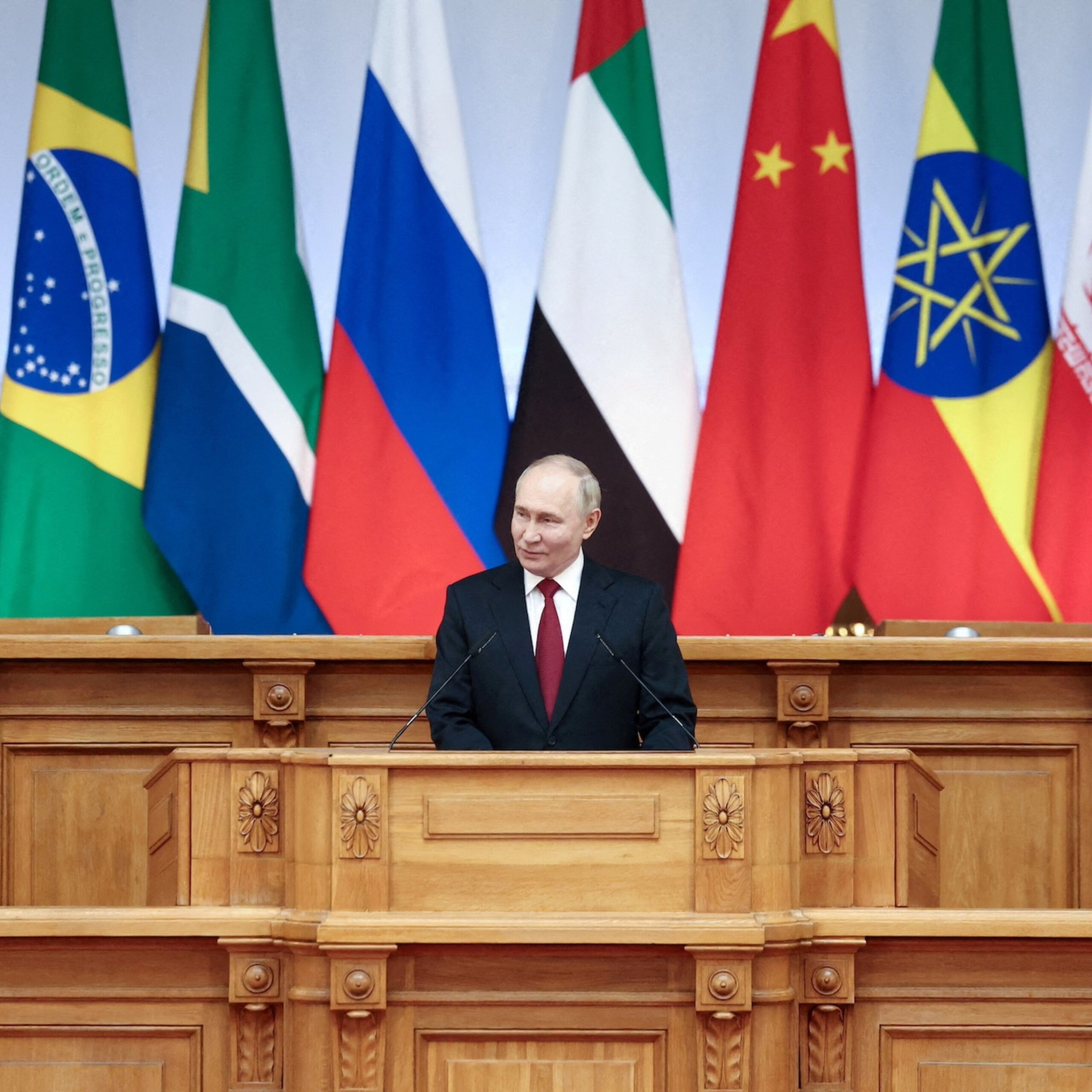On Tuesday, the Russian city of Kazan played host to member countries of the new BRICS bloc. The 2024 BRICS summit welcomed representatives from both founding and new member states, including the UAE, Saudi Arabia, Iran, Egypt, and Ethiopia.
According to recent data published by Henley & Partners, member countries of BRICS boast a cumulative wealth of $45 trillion that is actively invested within the expanded bloc for economic development and growth. Insights from the report suggest that BRICS nations are expected to host an 85% millionaire population influx in the next decade.
Welcome to BRICS Summit 2024 in Kazan, Russia. pic.twitter.com/ISVNwEmnzp
— BRICS News (@BRICSinfo) October 22, 2024
UAE’s BRICS debut comes amid advancing talks between Russia and the UAE, as both heads of state view the “strategic partnership” as mutually beneficial for their developing populations and economies.
Nicolas Michelon, CEO of Asia Intelligence Advisory, told Arabian Business, “BRICS has a challenge now to morph from a loose collection of countries that could have very diverse strategic interests… into a platform that starts to propose very concrete, solid responses to the current geopolitical challenges.”
Michelon echoed the summit’s overarching theme of strengthening regional ties as global dynamics shift. “I think this summit will probably be a major switch between the previous summits,” he said. “BRICS starts shifting its focus on not so much condemning what the opposite side is doing but proposing actual alternatives.” The new bloc must address several concerns, namely securing alternate trade routes as regional tensions escalate between member nations.
“The north-south corridor, for example, going from the Baltic Sea to the Gulf, the northern sea route through the Arctic Ocean, is something that could be of interest,” Michelon explained, discussing potential solutions to be explored during the summit.
As BRICS members gather in Kazan, they represent a collective of 1.6 million individuals with investable assets exceeding $1 million, including over 4,700 centi-millionaires and nearly 550 billionaires, underscoring the bloc’s increasing economic influence. Several analysts speculate the next BRICS wave will accommodate rising nations like Indonesia, Turkey, Nigeria, and Algeria.
The summit is expected to yield new trade agreements, a unified stance on global issues, and tangible actions toward de-dollarization, although specific announcements will be revealed once formal proceedings commence on Tuesday.





